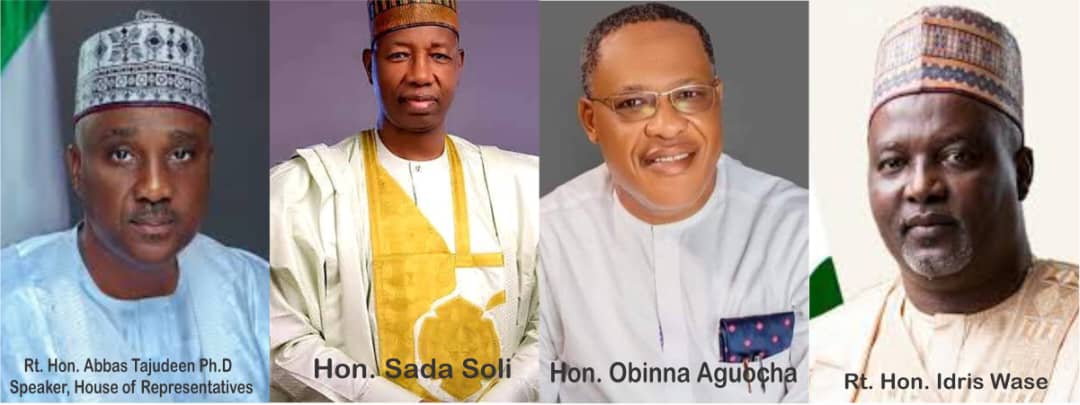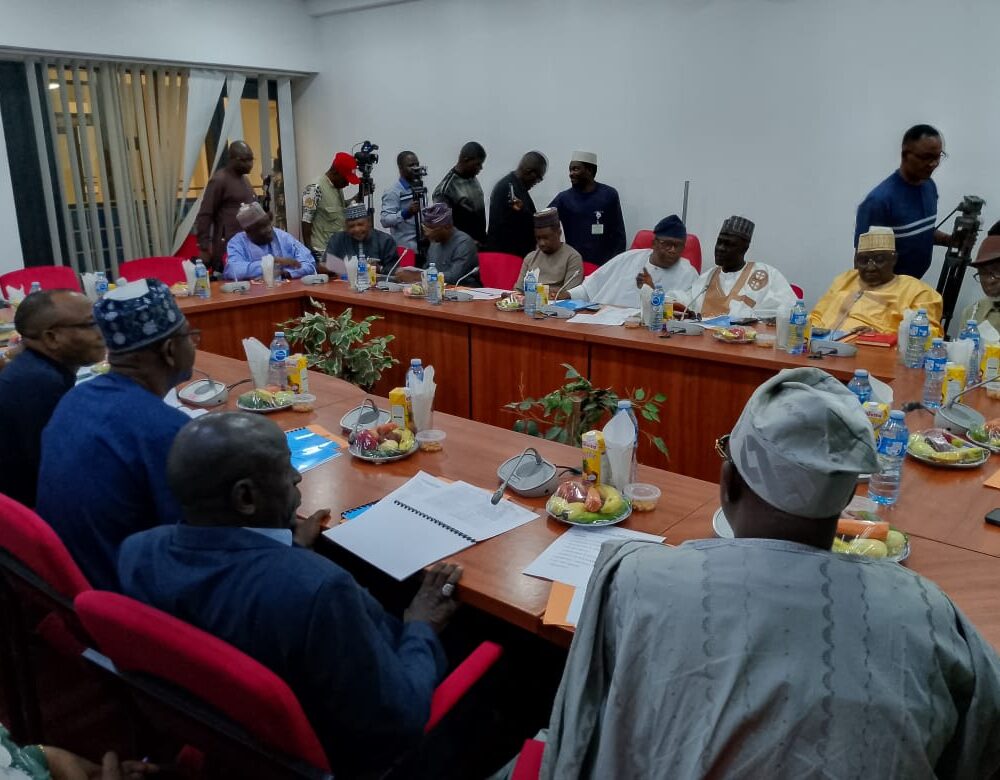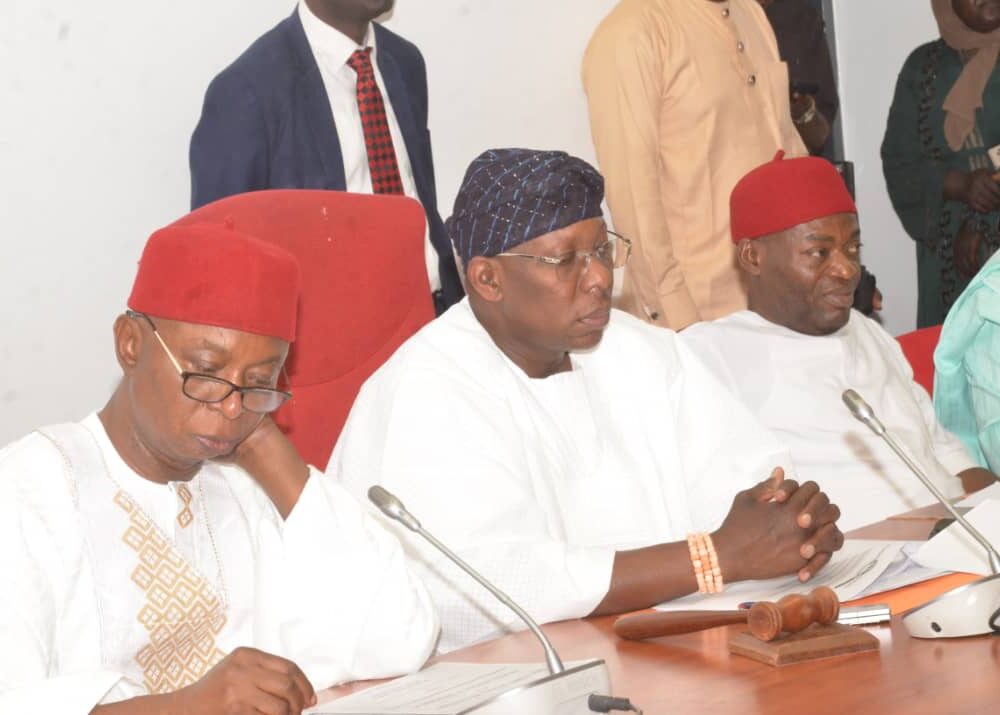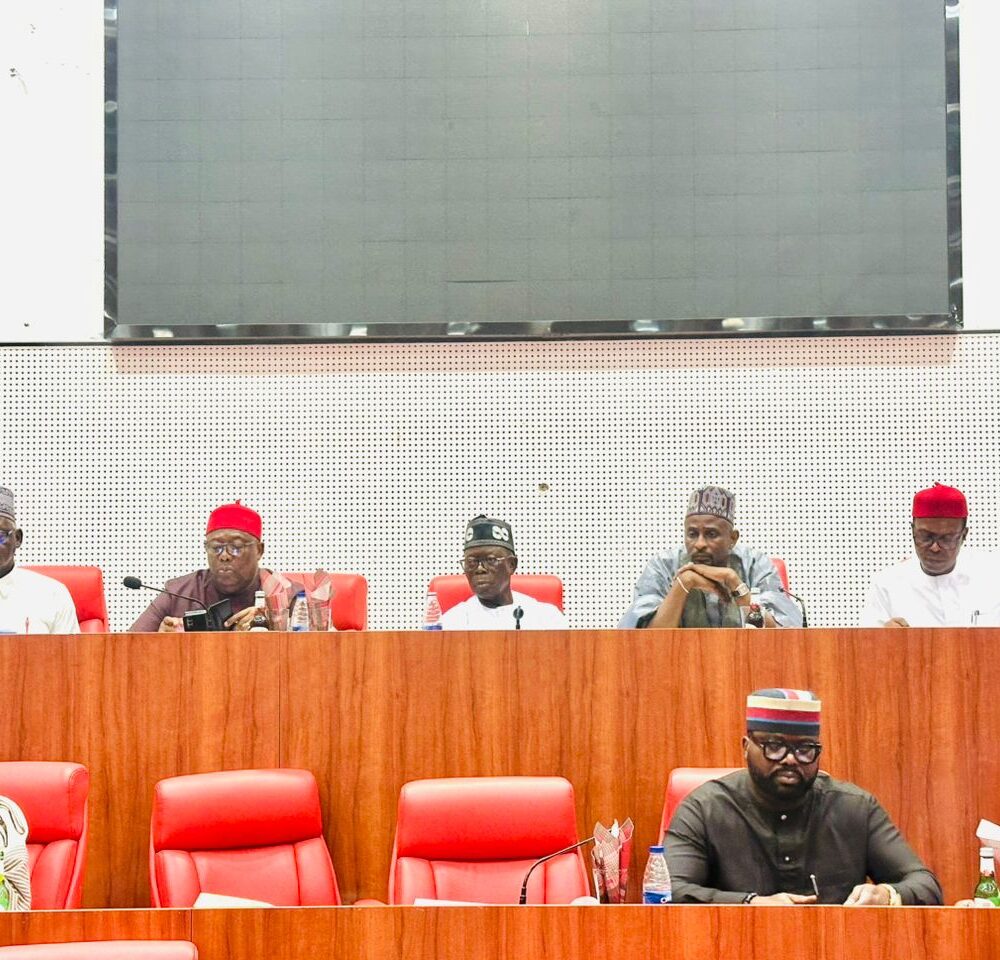The ongoing controversy surrounding President Bola Tinubu’s proposed Tax Reform Bills has sparked intense debate in the National Assembly, particularly in the House of Representatives. While the Senate recently passed the Second Reading of the bills, the House has yet to deliberate on the proposals, and tensions are rising.
A strong opposition coalition has emerged within the House, comprised influential members from both the ruling All Progressives Congress (APC) and opposition parties. This coalition, which included notable figures such as former Deputy Speaker Rt. Hon. Idris Wase, Hon. Sada Soli, Hon. Obinna Aguocha, and others, is united in their opposition to the bills in their current form.
The controversy escalated during a plenary session when House Spokesman, Hon. Akin Rotimi, briefly referenced the bills, prompting a rowdy session and ultimately leading Speaker Rt. Hon. Abbas Tajudeen to withdraw the comments. The growing coalition against the bills, which is seen as a potential supermajority, has the capacity to halt the reform efforts unless significant changes are made.
The tax reform proposals, which included the Nigeria Tax Bill 2024 and the Tax Administration Bill, aimed to restructure Nigeria’s tax system and introduce clearer frameworks for tax administration. However, the bills have faced significant opposition, particularly from Northern Governors who called for their withdrawal on October 29, 2024, citing a need for further consultations.
The National Economic Council, led by Vice President Kashim Shettima, has also recommended that the bills be withdrawn for broader stakeholder engagement.
The opposition within the House has led to a temporary suspension of deliberations on the bills, with members calling for further consultations before any progress can be made. The political dynamics surrounding the reform have added a layer of complexity to an already contentious issue, with the Speaker and principal officers in the House navigating a delicate balance between the presidency, regional interests, and the growing opposition within the chamber.
As the situation unfold, all eyes are on the House of Representatives to see if the growing coalition can effectively challenge the tax reform bills, potentially altering the course of fiscal policy in the country.





